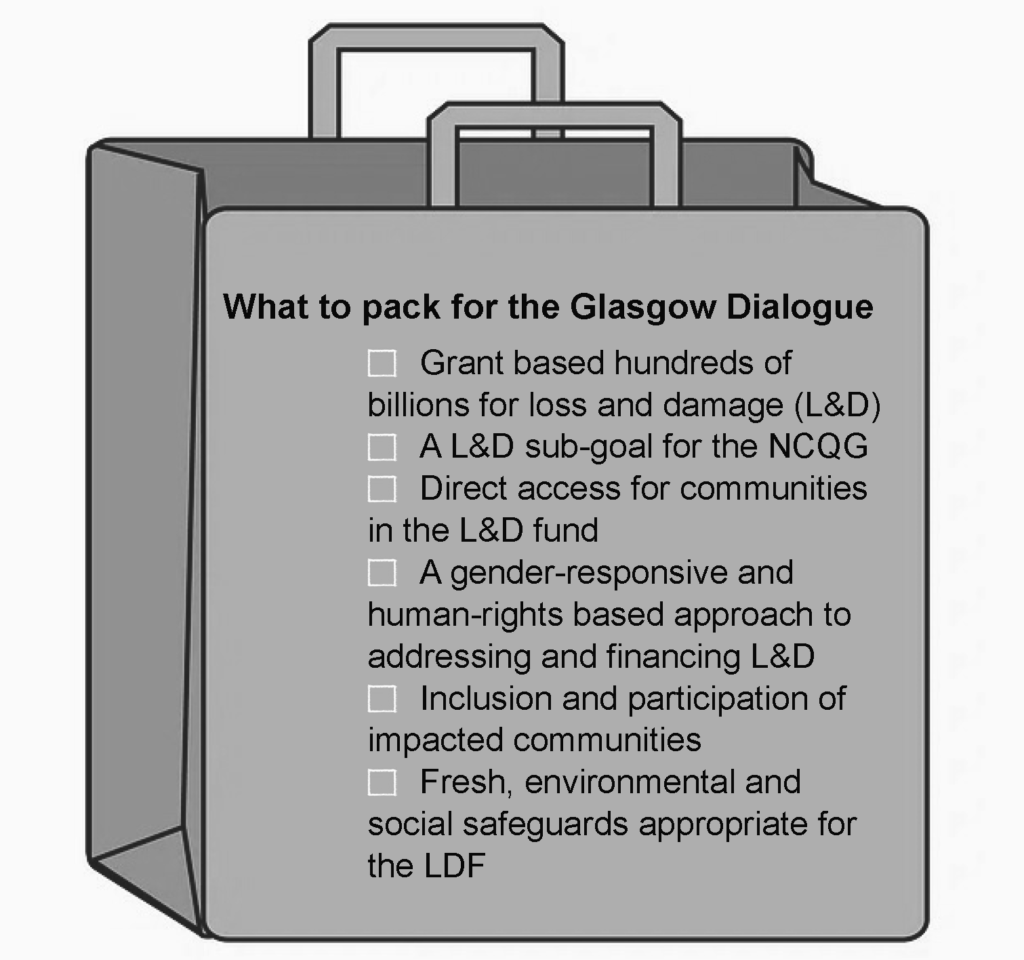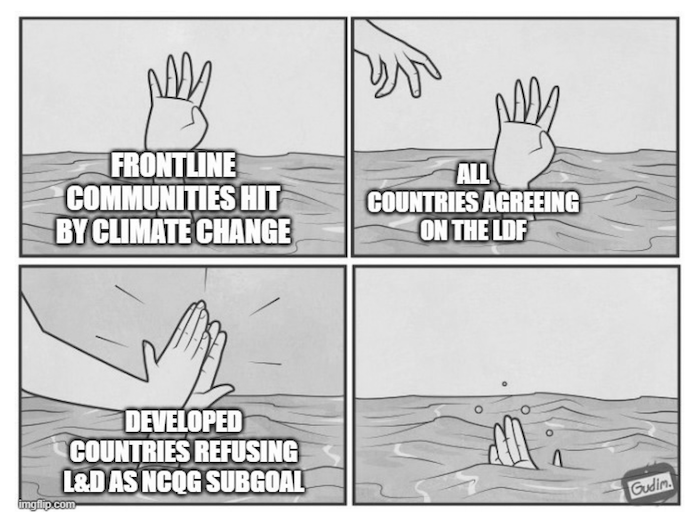Will the EU deliver an NDC of enhanced ambition in time? Questions for delegations
Today, 6th June, marks the start of the elections for the European Parliament. Countries will go to the polls until Sunday. ECO hopes that all delegates have cast their ballots and do not miss out due to presence here in Bonn. Every vote against anti-democratic, authoritarian-leaning and often climate-denying groups is needed to accelerate the path started with the European Green Deal.
But as we approach a new EU policy cycle on the critical road to Baku and Belem, what actually is the state of play on the next EU NDC?
ECO hears that the veil will only begin to lift after the elections. According to EU processes, the agreement on an intermediate 2040 target on the way to the bloc’s 2050 climate neutrality goal will be a key step for an NDC. The European Commission put a proposal on the table for net reductions of 90% by 2040, compared to 1990 levels, in its Communication in early February with a strong reliance on carbon capture. Unfortunately, it made no indication to upgrade the 2030 target.
Since then, there have been technical exchanges and minister-level deliberations. However, ECO is concerned that a clear political pathway to deliver an ambitious NDC in time for the February 2025 deadline is not yet on the table!
... Read more ...


